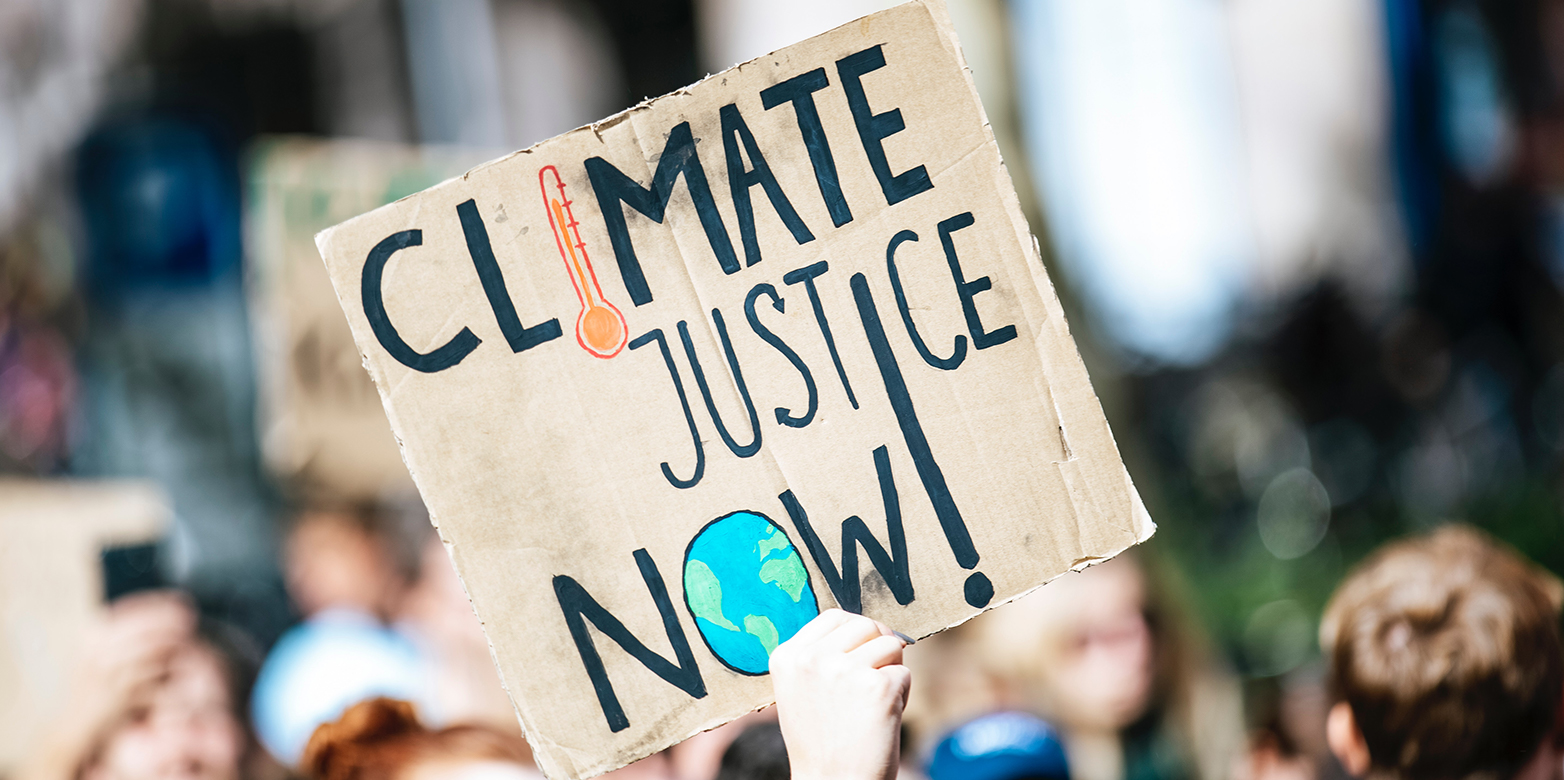Political populism, responsiveness, and public support for climate mitigation
A new article on political populism and public support for climate mitigation by Dr. Robert A. Huber from University of Salzburg, PhD Candidate at ETH Zurich Lukas Paul Fesenfeld and ETH Prof. Thomas Bernauer was published in Climate Policy. Their study assesses whether populism could affect citizen support for climate mitigation policies. It also investigates to what extent frames about elite responsiveness are important heuristics for individuals´ preferences concerning climate policies.

Abstract
Populism and its rhetoric are on the rise. Political actors across different ideological camps and parties are employing dispositional blame attribution, emphasizing the non-responsiveness of ‘corrupt elites’ to the needs of ‘good and honest’ people. In this paper, we focus on one specific and common area of blame attribution; climate change. In particular, in the United States, a central player in global climate governance, climate change is a very contested issue. The successes of populist candidates in both major US parties suggest that populism could affect citizen support for climate mitigation policies. The often abstract, elite-driven, and technical nature of climate change makes this issue an ideal target for populist critique. Our paper offers an empirical assessment of this claim. First, we test whether populism truly has an independent effect on people’s climate attitudes. Second, we assess to what extent frames about elite responsiveness are important heuristics for individuals in their formation of preferences concerning climate policies. To accomplish this goal, we fielded representative US surveys (N = 3000) and collected both observational and experimental data.
Results suggest that populist attitudes enhance the effects of partisanship, rather than creating an independent, orthogonal dimension. Populist Democrats support climate policies more than non-populist Democrats do, whereas populist Republicans oppose such policies more than non-populist Republicans do. Additionally, while our experimental results indicate that populist treatments blaming elites for being non-responsive to citizens’ preferences do not affect policy support, we also find that reasssuring individuals that political elites care about citizens’ needs and preferences in relation to climate policy increases support for the latter.
Key policy insights
- Citizens’ support is central for implementing ambitious climate policies.
- Populist attitudes amplify partisanship effects on public opinion about climate policy.
- Populist discourse per se is not an obstacle to adopting ambitious climate policy in the US.
- Political entrepreneurs can foster support for climate policies by emphasizing elite responsiveness to citizens’ needs and preferences.
- Populist attacks on established elites are unlikely to derail support for climate policy.
For more information and the full article, please visit the external page Climate Policy homepage.